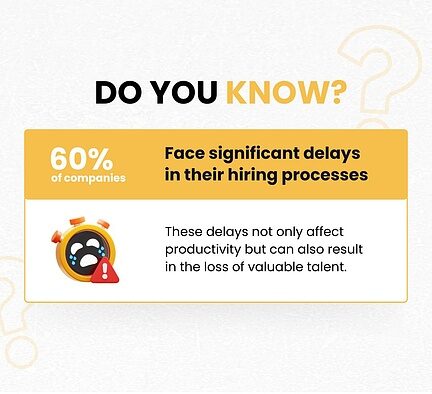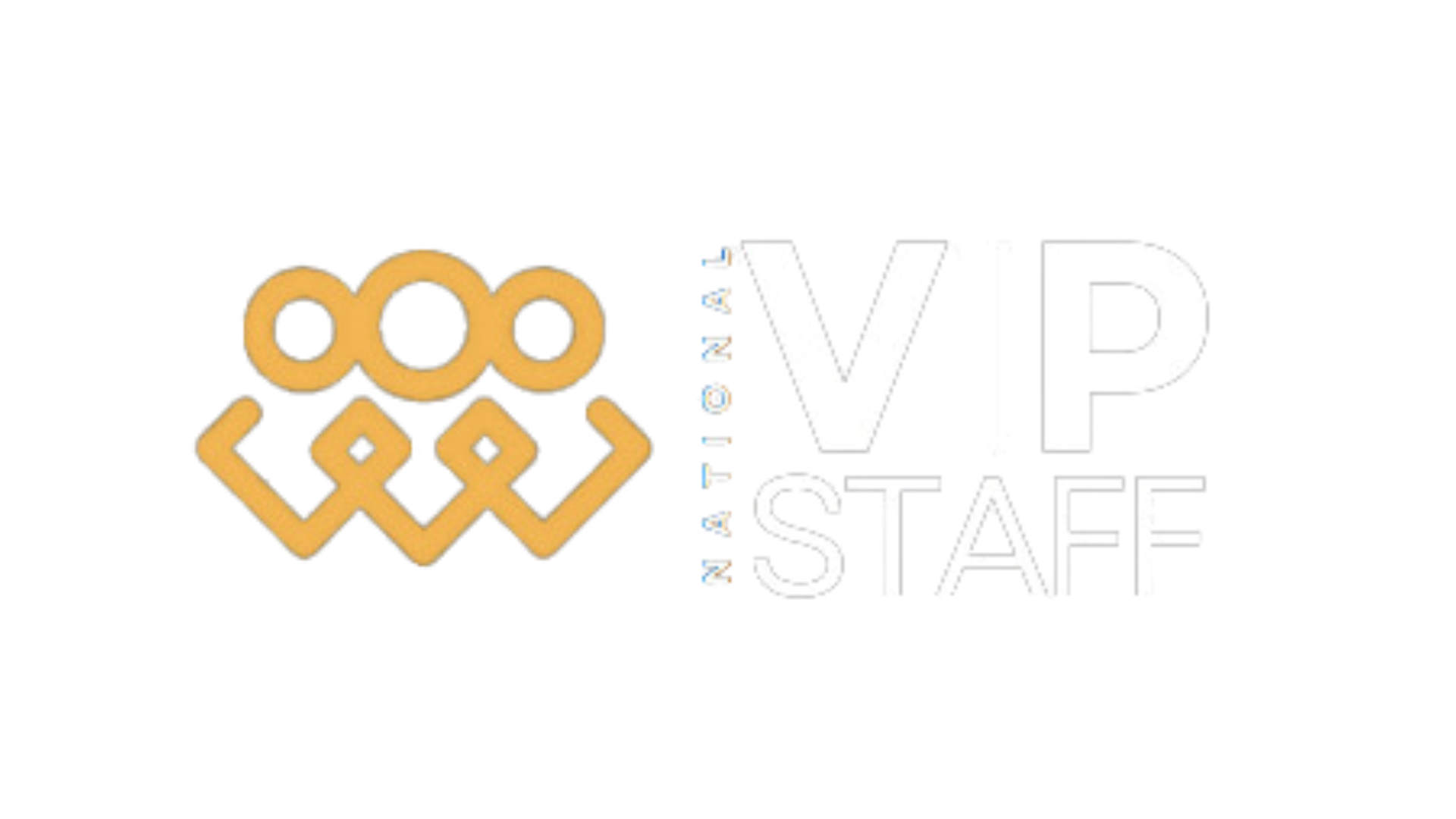The Costs of Hiring the Wrong Candidate and How to Avoid Them
Hiring the wrong candidate can be costly and detrimental to your team. It not only leads to financial losses but can also impact team morale and productivity. Here, we explore the consequences of a bad hire and offer tips to improve your hiring process.
Financial Impact
The costs of a bad hiring can be significant. From recruitment and training expenses to lost productivity, companies can face substantial financial setbacks. Additionally, if the employee fails to meet expectations, the hiring process may need to be repeated, further increasing costs.


Effects on the Team
An unsuitable candidate can negatively affect team dynamics. A lack of skills or failure to adapt to the organizational culture can create conflicts and lower team morale. This, in turn, can lead to decreased productivity and higher employee turnover.
How to Avoid a Bad Hiring Process

Clearly Define the Job Profile
Before starting the hiring process, ensure you have a clear and detailed job description and the necessary skills.

Use Structured Interviews
Structured interviews allow for a uniform evaluation of all candidates, ensuring all important aspects are covered.

Conduct Skills Tests
Implementing practical tests can help verify that the candidate possesses the required competencies for the role.

Check References
Contacting previous work references can provide valuable insights into the candidate’s performance and attitude.

Assess Cultural Fit
Ensure the candidate shares the company’s values and culture to facilitate their integration into the team.
Conclusion
Hiring the wrong candidate can have serious consequences for your company. However, by implementing a rigorous and well-structured hiring process, you can minimize these risks and ensure you bring the best talent onto your team. Remember, a good hire not only benefits the company but also contributes to the team’s success and cohesion.
How can I know if I’m on the right track with my hiring processes?

